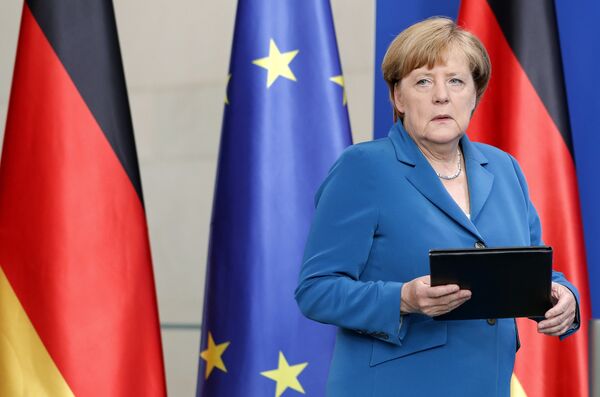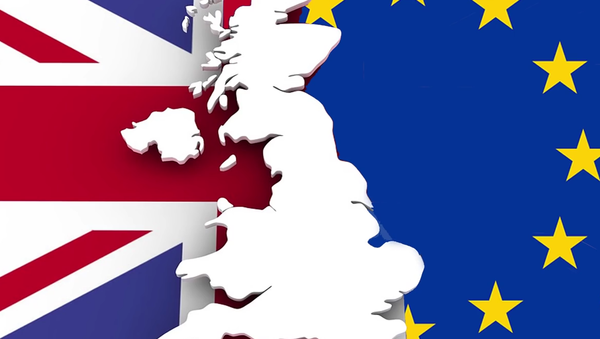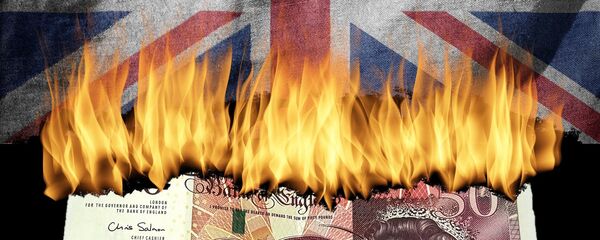Both European Council President Donald Tusk and Commission President Jean-Claude Juncker both made clear — following the result of the In-Out referendum on the UK's membership of the EU that resulted in a vote to leave — that there could be no negotiations over the term of leaving and any new UK-EU relationship until after Britain had invoked Article 50 of the Treaty of Lisbon, triggering the formal process.
In an effort to enforce this, UK PM Theresa May was not invited to attend the EU summit in Bratislava in September and was given a five-minute hearing at the October summit, during which no discussion was allowed on what she said.
Despite this, however, many EU leaders have been voicing their opinions on the terms of the UK's new relationship with the EU post-Brexit. German Chancellor Angela Merkel announced in early July that Britain would have to abide by the principle of the freedom of movement of people if it wanted to remain part of the single market.

"If we don't say that full access to the internal market is linked to full acceptance of the four fundamental freedoms, a process will spread in Europe in which everyone does what they want," she told a group of German businesspeople in October.
Similarly, French President Francois Hollande reiterated his view that any membership of the single market must include acceptance of the four freedoms of the EU; the free movement of people, goods, services and capital.
"If [the UK] wishes to remain within the Single Market it's its decision to know how far and how it will have to abide by the four freedoms. None can be separated from the other," Hollande said in July.
.@SKinnock is right: unless the UK gets a deal on financial services passporting after #Brexit, jobs could move away from Britain #bbcdp pic.twitter.com/xmlfC1R4vy
— Open Britain (@Open_Britain) November 1, 2016
Overtures
The UK, "cannot have the advantages of the European Union without carrying out the obligations," Irish finance minister Michael Noonan said in an interview with Bloomberg Television.
Meanwhile, both Paris and Frankfurt have been making overtures to financial institutions in London, encouraging them to move to the continental mainland post-Brexit. In June, Paris hosted a conference of financiers promising to "roll out the red carpet" for London City bankers.

Frankfurt too — home of the European Central Bank — is hopeful of milking-off some of London's business.
"Brexit would be bad for Britain, for Germany and for the EU. But if it does happen, then Frankfurt is well placed to benefit. If just one percent of its business comes here, that would be a ten percent increase for us," Hubertus Vath from Frankfurt Main Finance told the London FT newspaper.
While Tusk and Juncker are calling for no pre-negotiations, the EU is already drawing its 'red lines' and setting the agenda for what will be tough talks after Britain presses the Brexit button in March 2017.



